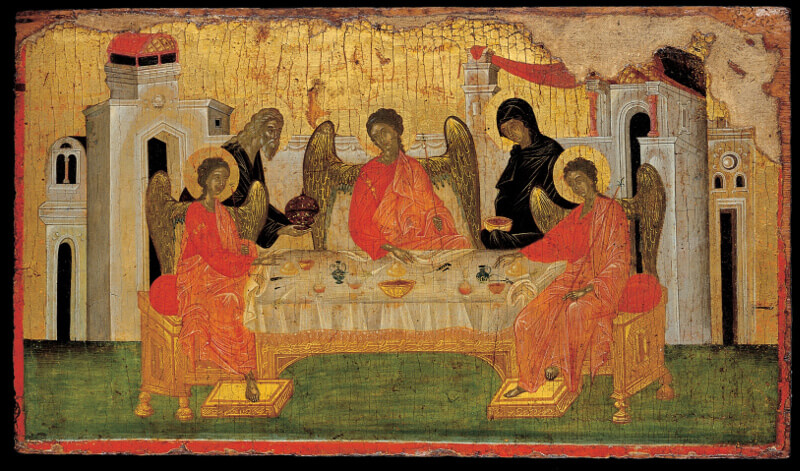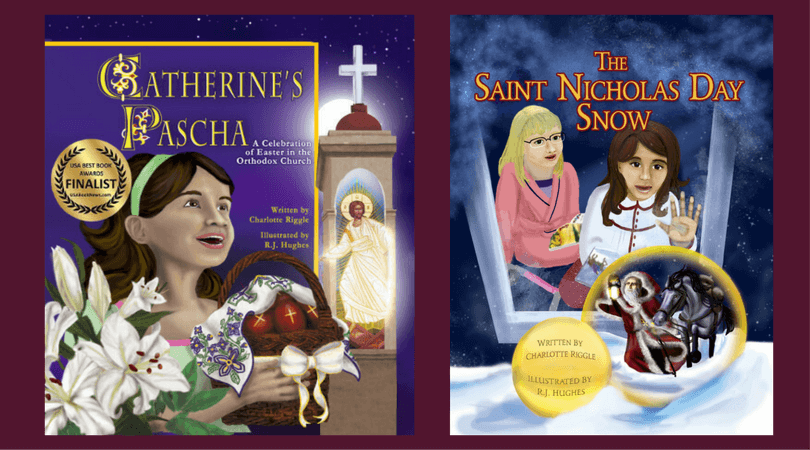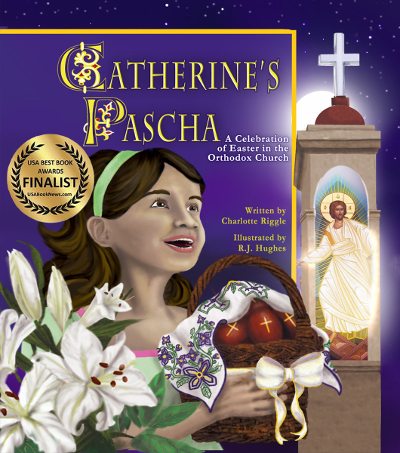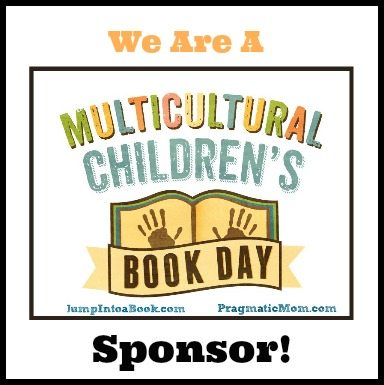Too often, it feels like all of the news you hear is bleak and sad, filled with hopelessness, anger, and hate.
The Church teaches us to defeat evil by cultivating the corresponding virtue. To overcome pride, we cultivate humility. To overcome sloth, we cultivate diligence. And to overcome hate, we cultivate the virtue that our Church calls philoxenia — love of the stranger. Hospitality. Welcome.
Welcoming strangers
In ancient Greece, philoxenia was considered one of the most important virtues. If someone showed up on your doorstep, you were expected to welcome the stranger as an honored guest. You were to offer food, drink, and even a bath before asking questions of your guest. You can see the virtue of philoxenia in legends and folk tales, from the Greek story of Baucis and Philemon, to the Russian folk tale of Vasily and the Dragon and so many, many more.
We really don’t have a choice about whether to practice philoxenia. In the Gospel according to St. Matthew, our Lord said, “If you love only the people who love you, then you will get no reward. Even the tax collectors do that. And if you are nice only to your friends, then you are no better than other people. Even people without God are nice to their friends. So you must be perfect, just as your Father in heaven is perfect.”
Being perfect, therefore, is somehow tied to loving people who don’t love you, and who aren’t your friends. The Epistle to the Hebrews makes it explicit: “Remember to welcome strangers into your homes. Some people have done this and have welcomed angels without knowing it.”
Welcoming strangers into your home might seem like an advanced skill. It does to me, anyway. But we have to start somewhere.
Cultivating philoxenia with books
I know you’re not surprised that I’d start with books. Hermione wasn’t wrong. You can learn anything, if you can find the right books.
And children can learn philoxenia from books. Seriously! There’s a substantial body of research that shows that, by the time they’re 5 years old, many children aren’t comfortable playing with other children who are “different,” whether it’s a different race, a different faith, or a disability. But if they see examples of cross-group friendships in picture books, that discomfort is dramatically reduced.
That’s one of the reasons that I support diverse children’s literature, and it’s why I’m a sponsor of Multicultural Children’s Book Day. When children encounter a wide range of people in the books they read, they accept a wider range of people in real life. For example, there might not be a blind child at your child’s school. But your child can read My Three Best Friends and Me, Zulay, or other books that include characters with disabilities. When they do, they’ll be comfortable around people with disabilities when they meet them in real life. Their experience in books helps them welcome strangers more readily.
Growing philoxenia at work and at school
Books are important. But they aren’t enough. Fortunately, many schools and workplaces offer programs to help cultivate philoxenia. They call it inclusion.
You’re familiar, I’m sure, with Special Olympics. They’re now encouraging schools to go beyond segregated sports for people with disabilities and to offer unified sports teams. These are teams where disabled and nondisabled students compete together. According to Timothy Perry Schriver, the chairman of the Special Olympics, schools that have unified teams “have shown stunning improvements in their climates of tolerance, with more participation and less bullying.” In other words, the inclusive sports programs help students at those schools grow in philoxenia.
Large corporations often sponsor organizations called affinity groups. My employer has affinity groups for people with disabilities, for veterans, for Black employees, for LGBT people, for women, and a fair number more. The affinity groups allow people in under-represented groups to support each other. All of the affinity groups welcome people from outside the group to join them, to learn more about them, and to help make the workplace better for them. It’s a great way to cultivate philoxenia.
Nourishing philoxenia in your parish
Our parishes provide rich soil for nourishing philoxenia. God calls everyone to the great feast. All we have to do is welcome our fellow guests, whether they are friends or strangers.
But even at church, we sometimes feel uncomfortable around people who are different from us. We don’t always know who the strangers are, or how to welcome them.
So what do we do?
Make it a point, on Sunday mornings, to look for someone who is different from you. If you’re young, it might be an elderly person. If your native language is English, it might be someone who speaks mostly Ukrainian or Arabic. Make it a point to introduce yourself to that person during coffee hour. Ask their name. Spend a few minutes talking with them. Offer to get them another cookie or to refill their coffee.
You might be particularly uncomfortable around people with disabilities. If you do, you might find it helpful to hear what people with disabilities have to say about what makes them feel welcome.
If there is a child in your parish whose behavior is sometimes disruptive, it’s likely that the child has an invisible disability such as autism. When one of my children attended a school for autistic children, I learned that most of the families there used to go to church. They didn’t any more. The lack of love and welcome made it too hard. But it doesn’t have to be that way. You can love the autistic children, and the other disruptive children, and their families.
For by doing so, some have entertained angels unaware.
Read More
The best picture books with disabled characters: These books allow children with disabilities the joy of seeing themselves in books. And they allow children who don’t have disabilities to get familiar with disabilities.
A table where strangers are welcome: My lessons in philoxenia started the day I found a leg in Mrs. Monagan’s coat closet.
The Parable of the Great Feast: The folks who were invited weren’t interested in coming to the table. So the master of the feast sent his servants to find the folks who never get invited anywhere, and bring them to the table. And he wouldn’t take no for an answer.
Buy the Books!
Catherine’s Pascha
FINALIST IN THE 2015 USA BEST BOOK AWARDS
Catherine doesn’t like vegetables. She doesn’t like naps. She doesn’t like it when her mom combs her hair. She loves hot dogs, chocolate cake, and her best friend, Elizabeth. Most of all, she loves Pascha! Pascha, the Orthodox Christian Easter, is celebrated in the middle of the night, with processions and candles and bells and singing. And Catherine insists that she’s not a bit sleepy.
Celebrate the joy of Pascha through the magic of a book: Catherine’s Pascha. Available on Amazon, Bookshop.org, and my webstore.
The Saint Nicholas Day Snow
Shoes or stockings? Horse or sleigh? Does St. Nicholas visit on December 6 or on Christmas Eve? Will a little girl’s prayer be answered? When Elizabeth has to stay at Catherine’s house, she’s worried about her grandmother, and worried that St. Nicholas won’t find her. The grownups, though, are worried about snow.
Celebrate the wonder of St. Nicholas Day through the magic of a book: The Saint Nicholas Day Snow. Available on Amazon, Bookshop.org, or my webstore.





This is a very welcome article. Philoxena is a concept I want to share! Some in our church, in an attempt to be friendly, ask too many questions of the visitor. This has caused us some problems. But the idea will help us to further articulate the approach we want to take with our visitors as a group.
It’s complicated, isn’t it? We don’t want to treat people coldly, but we can’t be intrusive, either. May God bless your efforts to find the right approach at your parish!
I have never heard the word philoxenia- you learn something every day! My church had a small exodus a few years ago when our congregation voted overwhelmingly in favor of our pastor marrying whomever he wanted, wherever he wanted as he saw fit, as ALL of us are children of God. There are some still in the church that long for those people to return. I don’t. I struggle with that even though they were friends of mine. It’s a difficult concept to think through! Thanks for this!